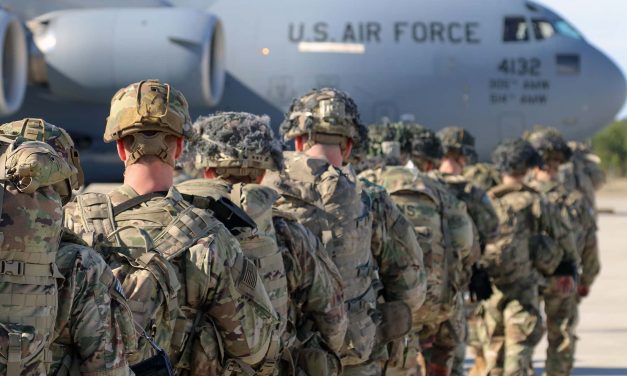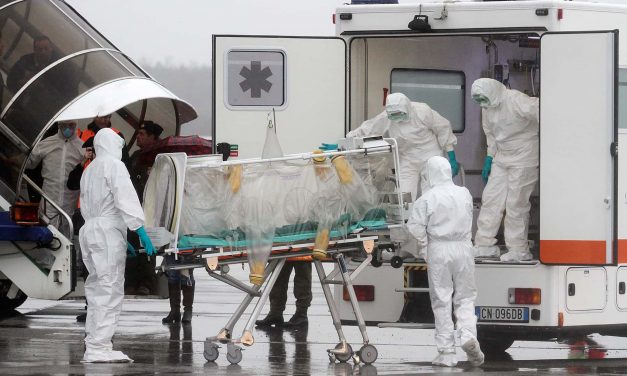Working Sick: Office workspaces remain unprepared to contain a coronavirus outbreak
By Karen Scott, PhD Student in Management, Massachusetts Institute of Technology The new coronavirus has spread rapidly around the globe since its discovery late last year in China. It has now infected tens of thousands of people worldwide and killed hundreds, prompting travel bans, citywide quarantines and mass hysteria. To combat its spread in the United States, the Centers for Disease Control and Prevention has offered some seemingly straightforward advice: “Stay home when you are sick.” That is easier said than done for the tens of millions of workers in the United States who don’t have paid sick days...
Read More















